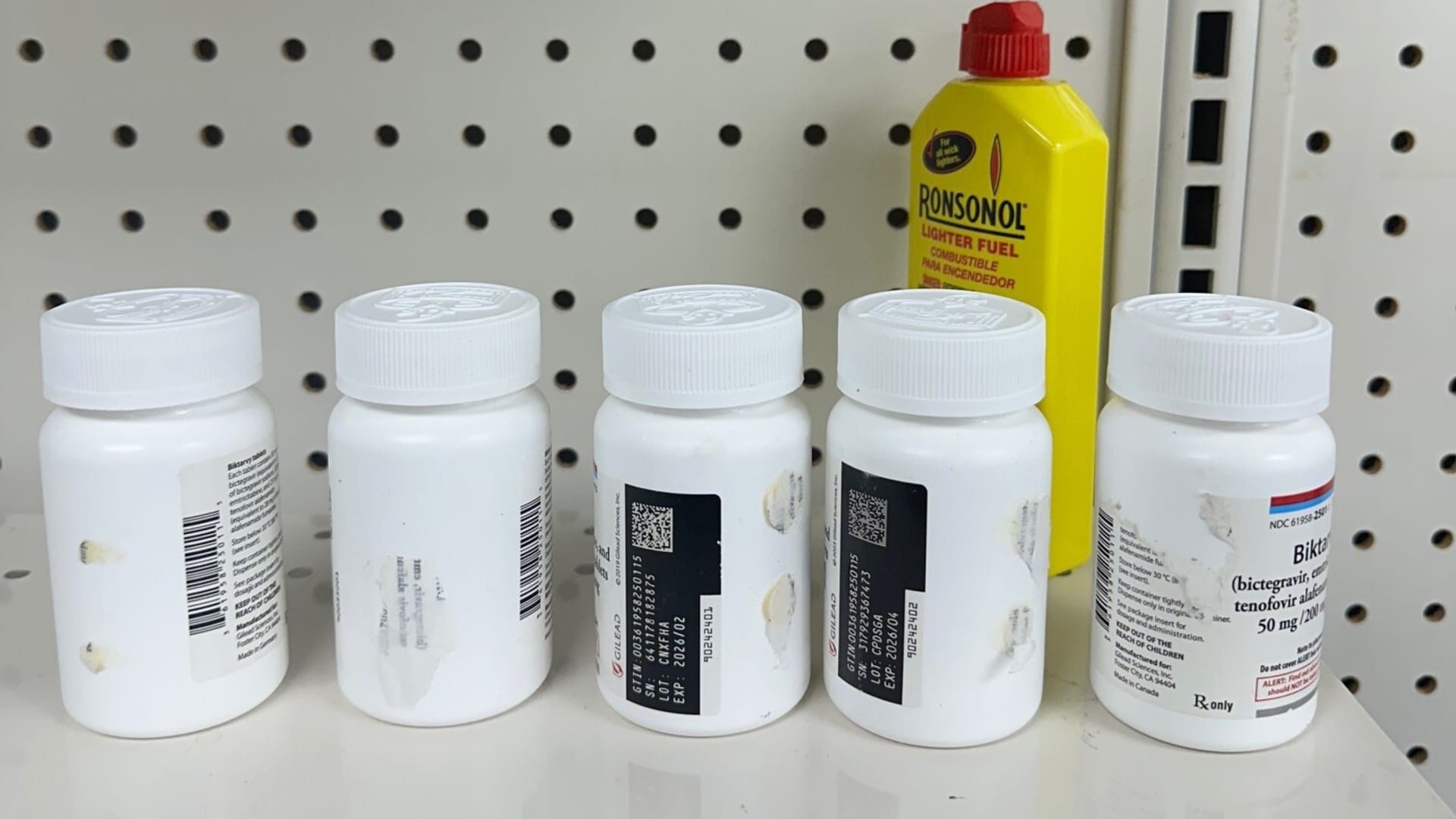Gilead Sciences says it uncovered a dangerous drug-counterfeiting operation in which its HIV medications were tampered with and improperly resold before reaching patients.
The scheme, allegedly run out of two New York City pharmacies, identified Peter Khaim, a twice-convicted medical fraudster, as the mastermind, according to court documents unsealed this month. The company described Khaim as one of the most brazen and largest manufacturers and sellers of counterfeit Gilead medications in the country.
Gilead sued Khaim along with the pharmacies, 71st RX and Best Scripts, both located in Queens, and others it claims were connected to the counterfeiting scheme. Gilead’s complaint said Khaim controlled the two pharmacies.
The defendants and their co-conspirators manufactured and trafficked these counterfeit Gilead-branded HIV medications to pharmacies and patients in at least New York and New Jersey, putting untold numbers of patients’ health and safety at risk,” the lawsuit, filed by attorney Geoffrey Potter of Patterson Belknap Webb & Tyler, said.
Gilead says in its complaint that counterfeiters used its authentic prescription bottles, but tampered with the actual medication or associated documentation.
“In some cases, the bottles had their contents emptied, were refilled with the wrong medication, and then were re-resealed using a different material than Gilead’s authentic tamper-evident seals,” the complaint said. “The co-conspirators then sold the counterfeit bottles with counterfeit patient information documents, counterfeit caps, and/or counterfeit pedigrees or invoices.”
The majority of the Gilead HIV medications seized in the case were Biktarvy and Descovy.
Victims include both “patients living with HIV who are preyed upon by Defendants and convinced to give up taking their prescribed medication,” and “patients who go to their neighborhood pharmacy and, unbeknownst to them, are dispensed a sealed, authentic-looking bottle,” but instead receive a counterfeit, Gilead said in the complaint.
Gilead attorneys and private investigators, accompanied by deputies from the New York City Sheriff’s Office, conducted seizures at the two pharmacies and Khaim’s home in July, taking more than $750,000 of suspected counterfeit medication, the court filing said.
An attorney for Khaim declined to comment.
The case is the second major civil complaint by Gilead against Khaim in connection with counterfeit HIV medications in the legal supply chain. Gilead sued Khaim and others in 2021 and obtained an injunction prohibiting him from selling Gilead-branded products. In that case, according to Gilead, Khaim made more than $38 million selling counterfeit Gilead medications to distributors and directly to pharmacies.
Despite the injunction, Khaim continued to oversee a counterfeiting operation from the two Queens pharmacies, the latest complaint says.
In unrelated criminal schemes, Khaim received 96 months in prison on a medical fraud case and 15 years on a separate insurance fraud scheme. He was wearing a court-ordered GPS ankle monitor while awaiting sentencing in the medical fraud case and also while he was operating the pharmacies and selling the counterfeit medication, according to documents in the case file.
“This lawsuit is another clear demonstration of our ongoing commitment to put patient safety first and protect individuals from criminals who are trying to sell counterfeit and illicit versions of Gilead’s medicines,” Gilead said in a statement to CNBC. “In addition to this lawsuit, we continue to work closely with the FDA, OIG, FBI and prosecutors to dismantle counterfeiting networks, deter fraudsters, and thwart illegal pharmaceutical distribution.”
Last year, a CNBC investigation revealed the shadowy world of counterfeit drugs and how Gilead was fighting to stop criminals from altering its packaging and medications.
In many cases, according to Gilead and law enforcement officials, counterfeiters obtain medications from patients who sell them for cash. The labels are typically removed with lighter fluid and the bottles resealed and dispensed to other patients. In this most recent case against Khaim, lighter fluid was found at the pharmacies during the seizures, court documents said.

